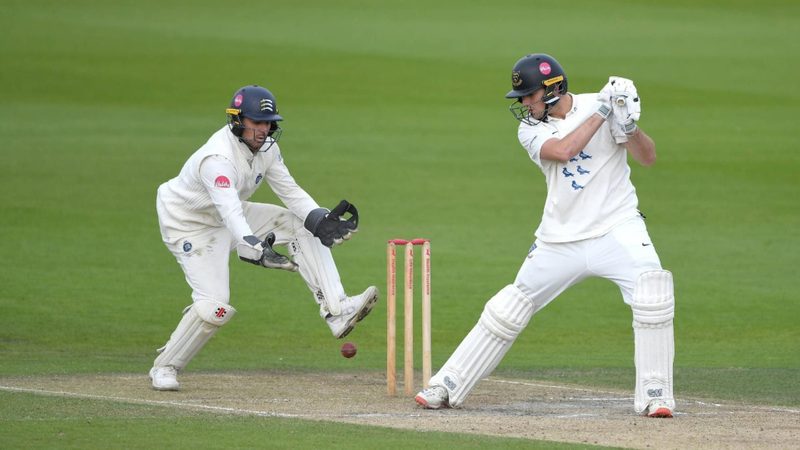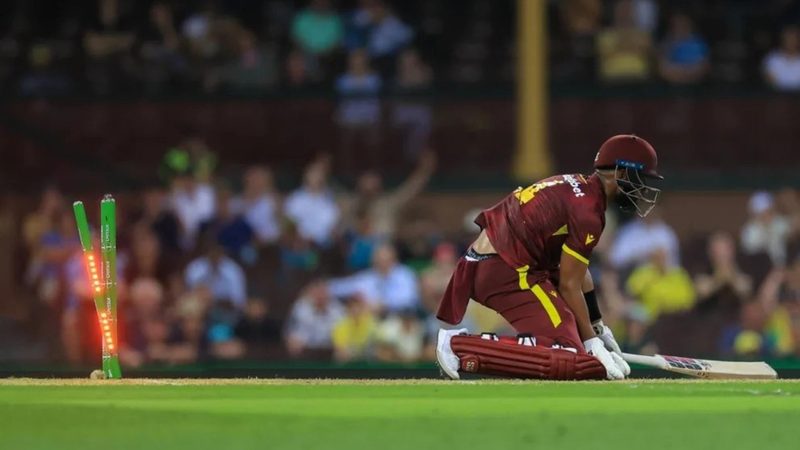
The UEFA Champions League has for long been the grandest event of European club football since the 1980s, but the advent of the European Super League could monopolise European football for the wealthiest teams in the sport.
Currently, 12 European football clubs - which include Real Madrid, Barcelona, Manchester United and Juventus - have agreed to join the project that won’t be under the jurisdiction of the Union of European Football Associations (UEFA) or the governing body of international football (FIFA).
What is the European Super League?
The European Super League is proposed to be a closed competition for just 20 clubs, of which 15 teams will attain the status of core founding clubs. The model for this league is based on the NFL and the NBA. It is intended to commence soon as practicable but reportledly set to begin in the 2022–23 season.
The European Super League has been discussed since the 1990s, when Milan-based Media Partners started inviting clubs in 1998 to defect from the UEFA Champions League with the surety of earning approximately 750 million pounds for participation.
In 2009, Real Madrid president Florentino Perez echoed the need for a European Super League while in an interview with a Spanish TV channel, “We have to agree to a new European Super League which guarantees that the best always play the best - something that does not happen in the UEFA Champions League."
UEFA, in 2016, came out with their proposal of a closed league for the best 16 teams from the highest-ranked national leagues.
Which teams will play the European Super League?
There will be 20 teams that will play in the European Super League every year.
They are Barcelona, Real Madrid, Atletico Madrid, Juventus, AC Milan, Inter Milan, Manchester United, Liverpool, Manchester City, Chelsea, Arsenal and Tottenham Hotspur. These comprise three clubs from Spain’s La Liga, three from Italy’s La Liga and six clubs in England who play in the Premier League and are labelled as the founding clubs.
Three more are expected to join them taking the founding clubs to 15.
Another five clubs will join after qualifying mechanism is established based on the achievements in the previous season,
Format of the European Super League
The Super League will be a competition that will field 20 teams, with 15 permanent members and four teams to enter via qualifiers from domestic competitions.
The clubs would then be split into two groups of 10 and will play home and away matches.
The top three teams from each group will move to the quarter-finals. Teams finishing fourth and fifth will play two-legged playoffs for remaining spots in the quarters. A two-legged semis will be next followed by a single final at a neutral venue.
The fixtures will be held in the midweek to ensure teams compete in national leagues.
A women's European Super League will also commence once the men's competition concludes.
Why would clubs join the European Super League?
With the big six in the Premier League - Manchester United, Manchester City, Liverpool, Chelsea, Arsenal and Tottenham Hotspur - having signed up for the proposed league, the debate of the European Super League has been revived and it has already received massive backlash from former players and managers.
The Premier League, in particular, came out condemning the private league, which effectively is a threat to domestic competitions. Similarly, a joint statement from UEFA and the top-flight leagues in Spain and Italy has been issued asking to stop this “cynical project.”
Subsequently, the UEFA also announced that clubs or players agreeing to participate in the project would be banned from competing in existing competitions (UEFA Champions League,UEFA Nations League and the FIFA World Cup).
One of the biggest reasons European clubs could join the European Super League is increased television revenue, which will come through big-name clashes such as a Manchester United vs Liverpool or an Arsenal vs Chelsea showdown.
Secondly, there is no relegation system at present meaning teams will continue to play in the competition regardless of their final position at the end of the campaign.
Why the European Super League is bad
If the European Super League is given the go-ahead, the balance of competitive football in Europe and its subsequent domestic leagues in the continent would be significantly affected. The founding clubs claim that the Super League is necessary as the COVID-19 pandemic “accelerated the instability of the existing European football economic model.”
Sir Alex Ferguson, former Manchester United manager, has stated in an interview to Reuters that the European Super League would “end the 70 years of European football history.”
Moreover, the revenue generated in leagues such as Premier League, Serie A, La Liga and the UEFA Champions League would take a big hit and would be damaging for football in the continent.
The European Super League is seen as a competition amongst the wealthiest clubs in Europe, with the revenue generated from matches set to bolster their worth exponentially and put the teams outside of the league on the verge of bankruptcy.
The criticism of the European Super League largely stems from the belief that move is more to do with power grab. The formation of the league will take the focus away from other leagues, and will afflict the smaller clubs as it's the big clubs that largely drive revenues for domestic club competitions.
“Football is based on open competitions and sporting merit; it cannot be any other way,” UEFA reasoned in a statement.
La Liga without Barcelona and Real Madrid will be poorer and so will the EPL without a Manchester United. Revenues that the teams generate for the league are added in a pool, along with earnings driven by other teams, and then distributed equitably among all the clubs at the end of the season.
“A European Super League will undermine the appeal of the whole game, and have a deeply damaging impact on the immediate and future prospects of the Premier League and its member clubs, and all those in football who rely on our funding and solidarity to prosper,” the Premier League said in a statement.
While none of the rumoured European clubs have officially confirmed their allegiance towards the formation of what has been labelled as an “illegal league,” it won’t be long until the fate of the relationship between European football and Europe’s elite clubs is brought to the fold.























